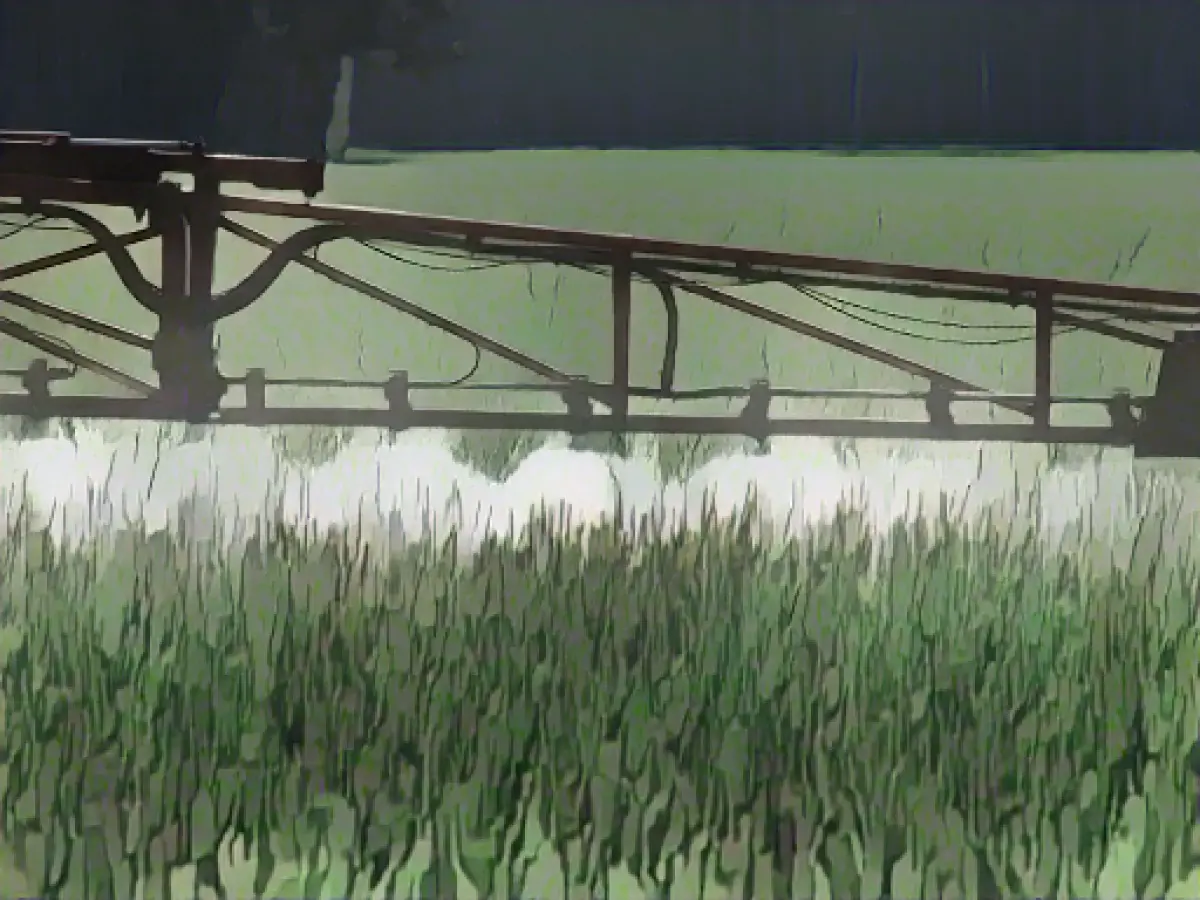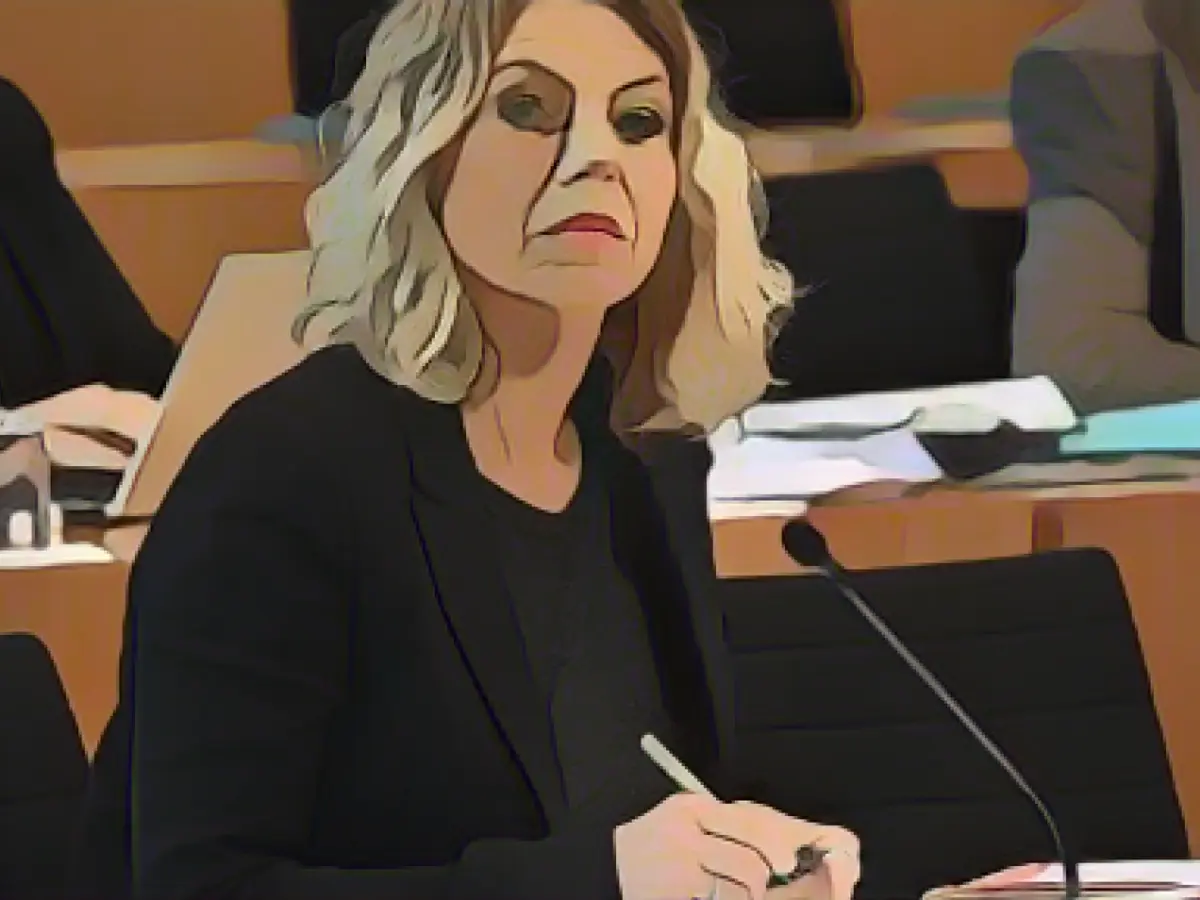The EU Parliament's endeavor to significantly decrease the use of herbicides and pesticides in the EU for environmental protection hit a snag. During a vote in Strasbourg, there was no overwhelming support for the proposed measures. A re-negotiation motion was also rejected, putting the plan on hold temporarily.
Originally, EU farmers were supposed to reduce their pesticide usage considerably, as proposed by the EU Commission, aiming to combat the extinction of various species. However, the future of this regulation seems uncertain. Sarah Wiener, responsible for negotiations, deemed it a triumph for the pesticide industry.
The Christian Democrats, among others, found some provisions excessively restrictive, particularly bans on farmers. On the contrary, Social Democrat MEP Delara Burkhardt opposed a less stringent proposal, aiming for stricter rules for farmers. CDU MEP Peter Liese viewed the outcome as an opportunity to create a reasonable plan in the upcoming legislative period. EU elections are scheduled for next summer.
Green MEP Jutta Paulus lamented a law effectively dismantled beyond recognition, calling it a bleak day for agriculture. Herself a critic of the move, FDP colleague Jan-Christoph Oetjen celebrated the failure of the proposed disastrous bans, lauding this as a victory.
The environmental policy aimed at reducing pesticide use in agriculture, despite the EU Parliament's rejection, was intended to address concerns over chemical contamination in the environment and the risk of pesticides contributing to the extinction of species. Critics see the rejection as a triumph for the pesticide industry, potentially delaying the implementation of stricter regulations on harmful chemicals in farming practices.
While the EU Parliament has previously voiced opposition to GMO's, concerns regarding patents and biopiracy could impact the implementation of organic and GMO-free economic sectors, leading to increased costs and dependency on seed companies. Moreover, the lack of clear legal basis and practical tools for organic farmers to protect themselves from GMO contamination threatens their fundamental rights.
In summary, the broader context of GMO regulations, agriculture policies, and related environmental concerns may have influenced the EU Parliament's inability to reach a majority on laws related to pesticide reduction. These issues raise significant implications for farming practices and environmental conservation.







